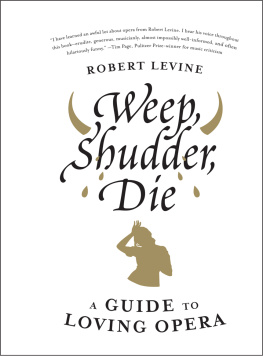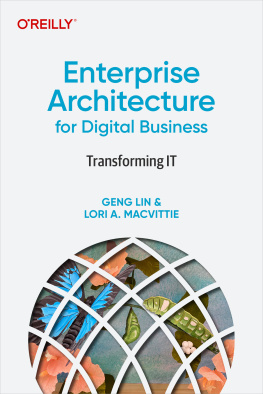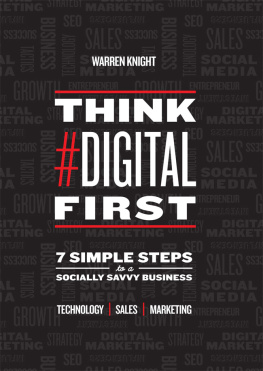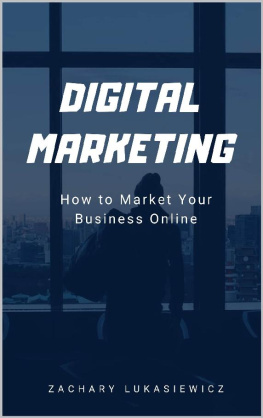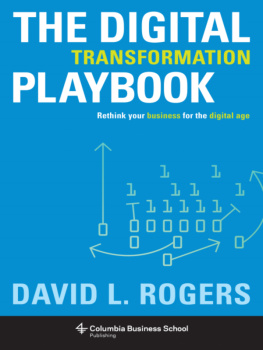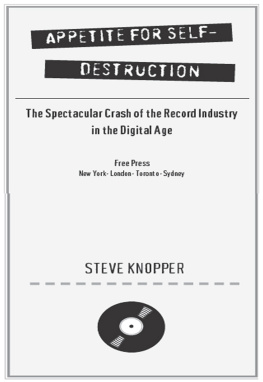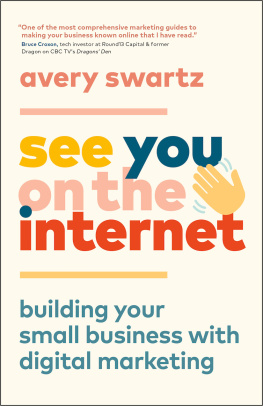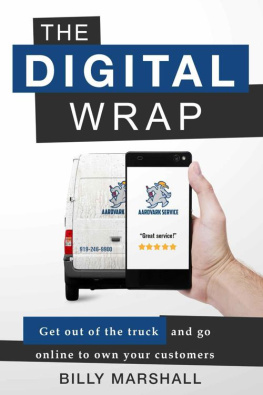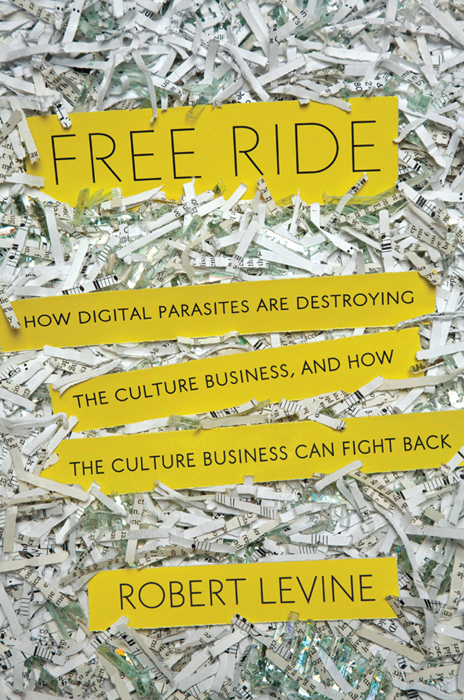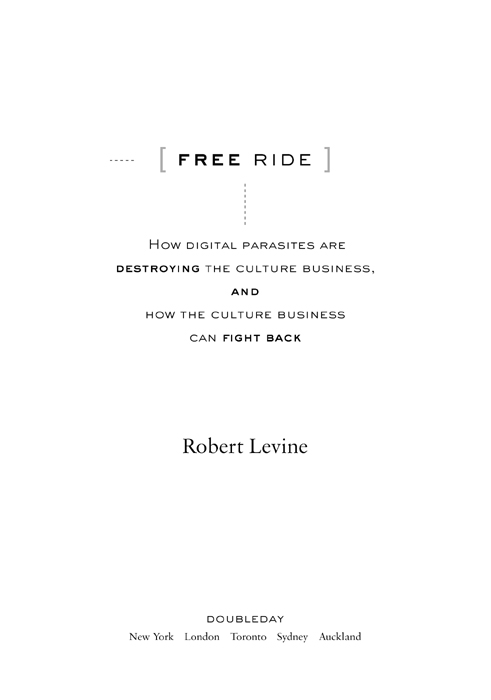
Copyright 2011 by Robert Levine
All rights reserved. Published in the United States by Doubleday, a division of Random House, Inc., New York, and in Canada by Random House of Canada Limited, Toronto.
www.doubleday.com
DOUBLEDAY and the portrayal of an anchor with a dolphin
are registered trademarks of Random House, Inc.
Book design by Maria Carella
Jacket design by Emily Mahon
Jacket photograph Laura Hanifin
Library of Congress Cataloging-in-Publication Data
Levine, Robert, 1970
Free ride : how digital parasites are destroying the culture business, and how the culture business can fight back / Robert Levine. 1st ed.
p. cm.
Includes bibliographical references and index.
1. Cultural industries. 2. Internet. 3. Digital media. 4. Mass mediaTechnological innovations. 5. Mass mediaEconomic aspects.
I. Title.
HD9999.C9472L48 2011
364.1662dc22 2011008336
eISBN: 978-0-385-53377-5
v3.1
TO KERSTIN
Everyone has the right to the protection of the moral
and material interests resulting from
any scientific, literary or artistic production
of which he is the author.
ARTICLE 27, UNIVERSAL DECLARATION OF
HUMAN RIGHTS, 1948
CONTENTS
INTRODUCTION
The Online Free-for-All
CHAPTER ONE
How Congress Created YouTubeand Medias Big Problem
CHAPTER TWO
Facing the Music: How the Internet Devastated the Music Business
CHAPTER THREE
Geeks Bearing Gifts: Googles War on Copyright
CHAPTER FOUR
The Siren Song of Free: Why Newspapers Struggled Online
CHAPTER FIVE
The Revolution May Not Be Televised: How the Internet Could Kill Mad Men
CHAPTER SIX
Books or Kindle-ing? How Technology Could Turn the Page on Publishing
CHAPTER SEVEN
Moving Pictures: Can Hollywood Conquer the Cloud?
CHAPTER EIGHT
Disquiet on the European Front: Why France Favors Art Over the Internet
CHAPTER NINE
Blanket Protection: Turning Copyright into Copyrisk
CHAPTER TEN
The Future of the Future: Commerce or Chaos?
INTRODUCTION
THE ONLINE FREE-FOR-ALL
T here was a time when NBC lived up to its old slogan, Must See TV. For most of the 1980s and 1990s, the network dominated television with iconic hits that shaped the culture of the time: Miami Vice, The Cosby Show, Cheers, Seinfeld, Friends, and more. It had The Today Show in the morning, The Tonight Show in the evening, an unbeatable lineup of sitcoms for Thursday night, and Saturday Night Live every weekend. For some of that time it also showed Major League Baseball, NFL football, NBA basketball, and the Olympics.
The network earned its ratings by pushing the boundaries of television: Miami Vice brought MTV visuals to the police drama, Hill Street Blues incorporated gritty realism, and Seinfeld brought self-awareness to sitcoms at a time when most half-hour shows still ended with a hug. These shows made NBC one of the most profitable divisions of General Electric,
In 2010just seven years laterthe network expected to lose more than $100 million.
As NBC has faltered, other companies that rely on its programming have thrived. In early 2006, more than five million people watched the famous Lazy Sunday Saturday Night Live sketch on And telecom companies built empires selling bandwidth that lets consumers download or stream pirated television shows without commercials.
NBC isnt the only media institution that has seen its value plummet in the last few years.
While each of those companies had its own issues, they all faced the same underlying problem: they werent collecting enough of the revenue being generated by their work. The material they put out was certainly popular. But like Lazy Sunday and Heroes, that material built other businesses, including the Pirate Bay, Apples iTunes Store, and the Huffington Post.
The damage isnt limited to major media conglomerates. Independent film companies are struggling, and studios have cut divisions devoted to smaller films. Music sales in the United States are worth less than half of what they were in 1999.Seattle Post-Intelligencer laid off most of its reporters and started publishing only on the Web. Its time to ask seriously whether the culture business as we know it can survive the digital age.
As recently as 2008, the Electronic Frontier Foundation could say that the
Piracy isnt new, of course, and its hardly the whole problem. But the easy, illegal availability of all kinds of content has undermined the legal market for it, in a way that affects the entire media business. Sites that use pirated material to draw an audience drag down the price of online advertising to the point where companies that produce new material have trouble competing. Media companies that sell products online have to lower prices in order to compete with pirated versions of those same products sold by companies that bear none of the production costs. By making it essentially optional to pay for content, piracy has set the price of digital goods at zero. The result is a race to the bottom, and the inevitable response of media companies has been cutsfirst in staff, then in ambition, and finally in quality.
This devaluation could also hurt the Internet, since professional media provides much of the value in a Amid the Internets astonishing array of choices, statistics show that most consumers continue to engage with the same kind of culture they did beforeonly in a way thats not sustainable for those who make it.
So far, the conflict over the future of online media has been framed as one that pits media conglomerates against a demanding new generation of consumers who want music and movies their wayavailable online, at any time, in every format, and at no additional cost. This may not be much of a business. But like most ideological arguments about the Internet, the idea that consumers want free media has an economic agenda behind it.
The real conflict online is between the media companies that fund much of the entertainment we read, see, and hear and the technology firms that want to distribute their contentlegally or otherwise. For the past few years, helping consumers access content has been one of the best businesses on earth: Apples YouTube dominates online video. But these companies depend on a ready supply of content that consumers want, and the lack of a functioning market online has already endangered this. Like TV, the Internet is only as good as whats on.
T he one thing everyone can tell you about the Internet is that information wants to be free. This memorable phrase, coined at a 1984 hacker convention by the influential technology thinker Stewart Brand, evolved into a media business mantra that shaped the online world as we know it. This is why newspapers gave away Web content, why Hulu doesnt charge users, and why music fans expect albums to be free for the taking.
Unfortunately, weve forgotten the rest of Brands quotation:
On the one hand information wants to be expensive, because its so valuable. The right information in the right place just changes your life. On the other hand, information wants to be free, because the cost of getting it out is getting lower and lower all the time. So you have these two fighting against each other.


